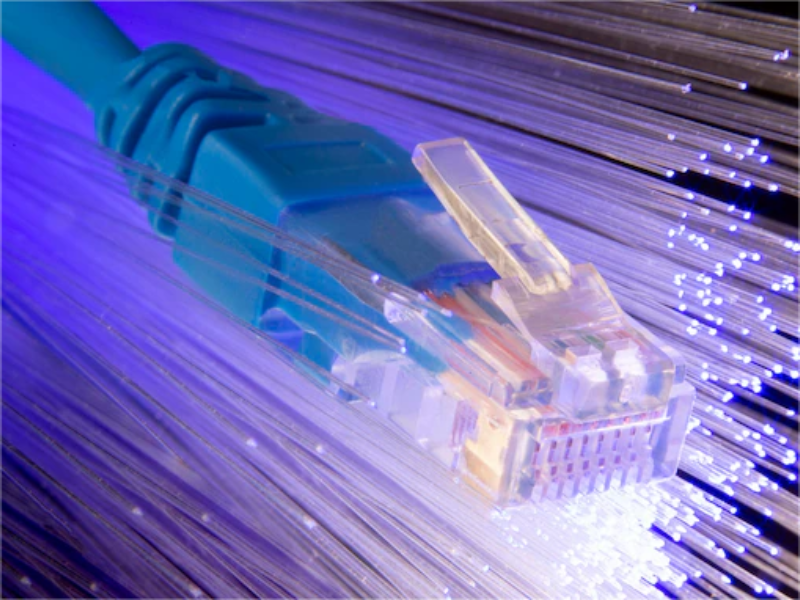- Optical fibre cables deliver faster, more reliable data transmission than copper wires.
- They offer high bandwidth, better durability, and enhanced security for modern networks.
___________
Also read: Verizon uses AI to prevent underground fiber damage
Also read: Ofgem approves five new links in the North Sea to enhance connectivity
Understanding the advantages of optical fiber cable
1. Superior speed and bandwidth
One of the primary advantages of optical fiber cable is its exceptional speed. Unlike copper cables, which rely on electrical signals, fiber optic cables use light to transmit data. This allows for significantly higher speeds and greater bandwidth, enabling seamless communication even in high-demand environments.
2. Long-distance reliability
Fibre optic cables maintain signal quality over long distances, a critical benefit for telecommunications and global networks. With minimal signal loss, they outperform copper cables, which often require repeaters for extended ranges.
3. Enhanced security
Data transmitted through fiber optic cables is more secure, as they are resistant to tapping and electromagnetic interference. This makes them an ideal choice for industries prioritizing sensitive information, such as finance and healthcare.
4. Durability and longevity
Unlike traditional cabling, fiber optic cables are less prone to damage from environmental factors. They resist corrosion, heat, and moisture, ensuring a longer lifespan and reducing maintenance costs.
Why optical fibre cable is the future
Optical fibre cables are at the forefront of modern communication infrastructure. Their ability to handle high-speed, large-scale data transmission makes them invaluable for industries like IT, telecommunications, and media. As the demand for faster and more reliable connectivity grows, optical fiber technology is becoming the foundation for smart cities, 5G networks, and cloud-based services.
Furthermore, their durability and cost-efficiency make them a sustainable option for expanding global connectivity. The shift towards fiber optics represents a long-term investment in speed, reliability, and security, underscoring their importance in meeting the digital needs of the future.
In summary, the advantages of optical fiber cables—including speed, bandwidth, security, and durability—make them essential for modern networks. As technological demands increase, optical fiber will continue to play a pivotal role in ensuring seamless and secure communication.

